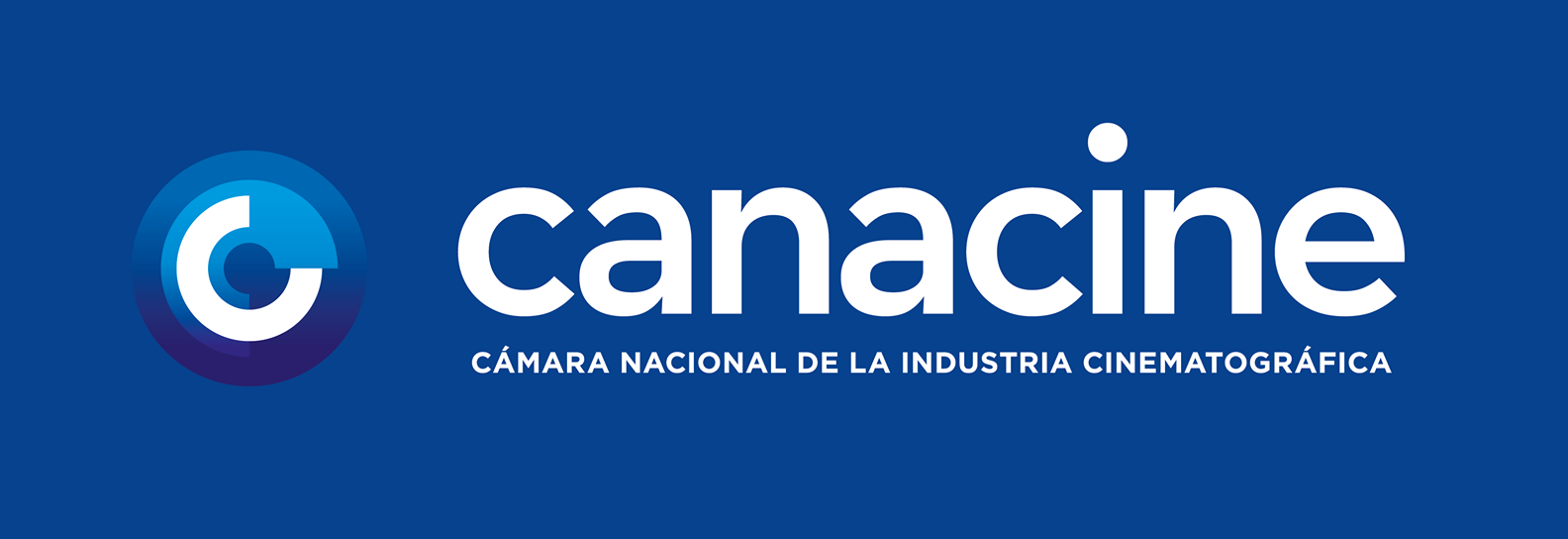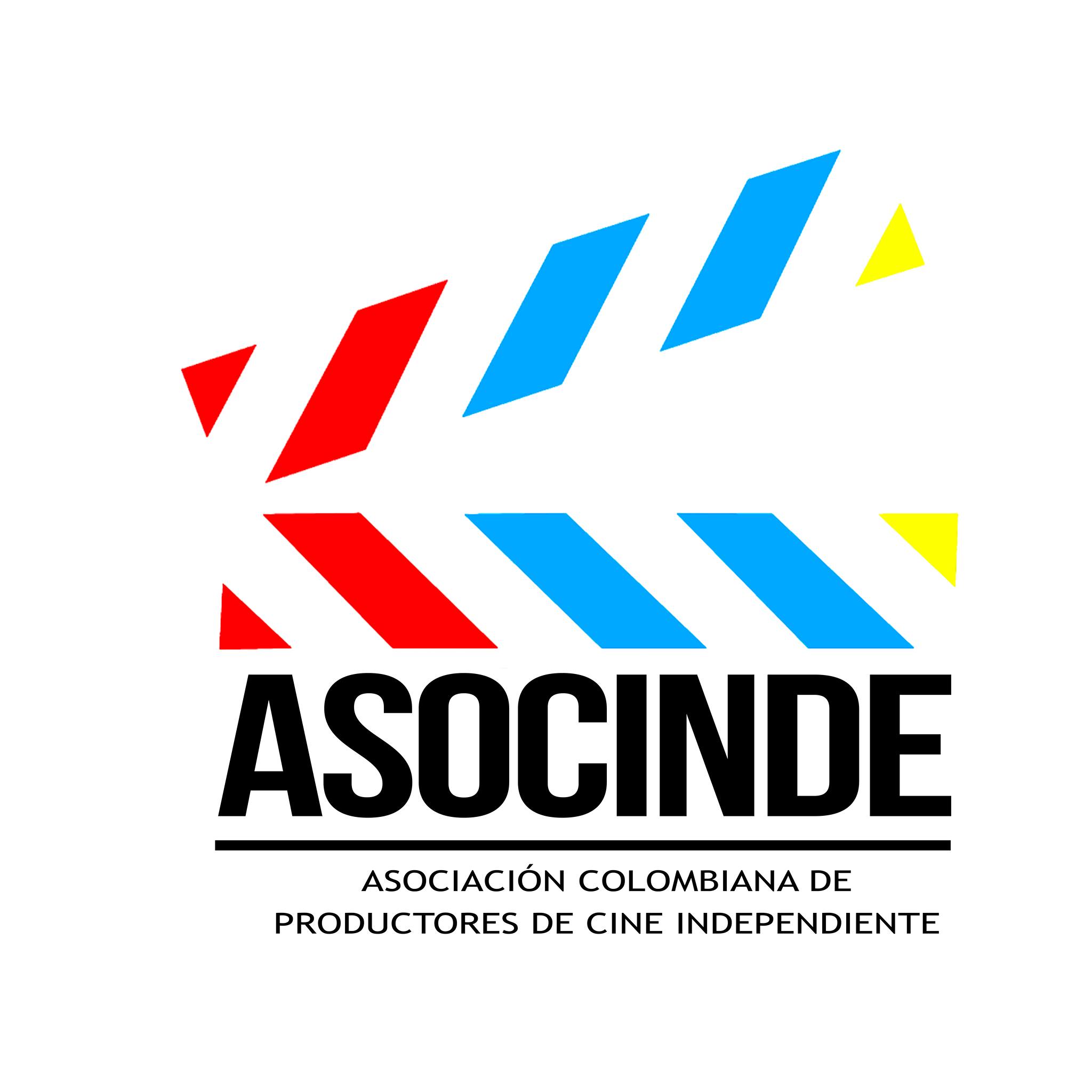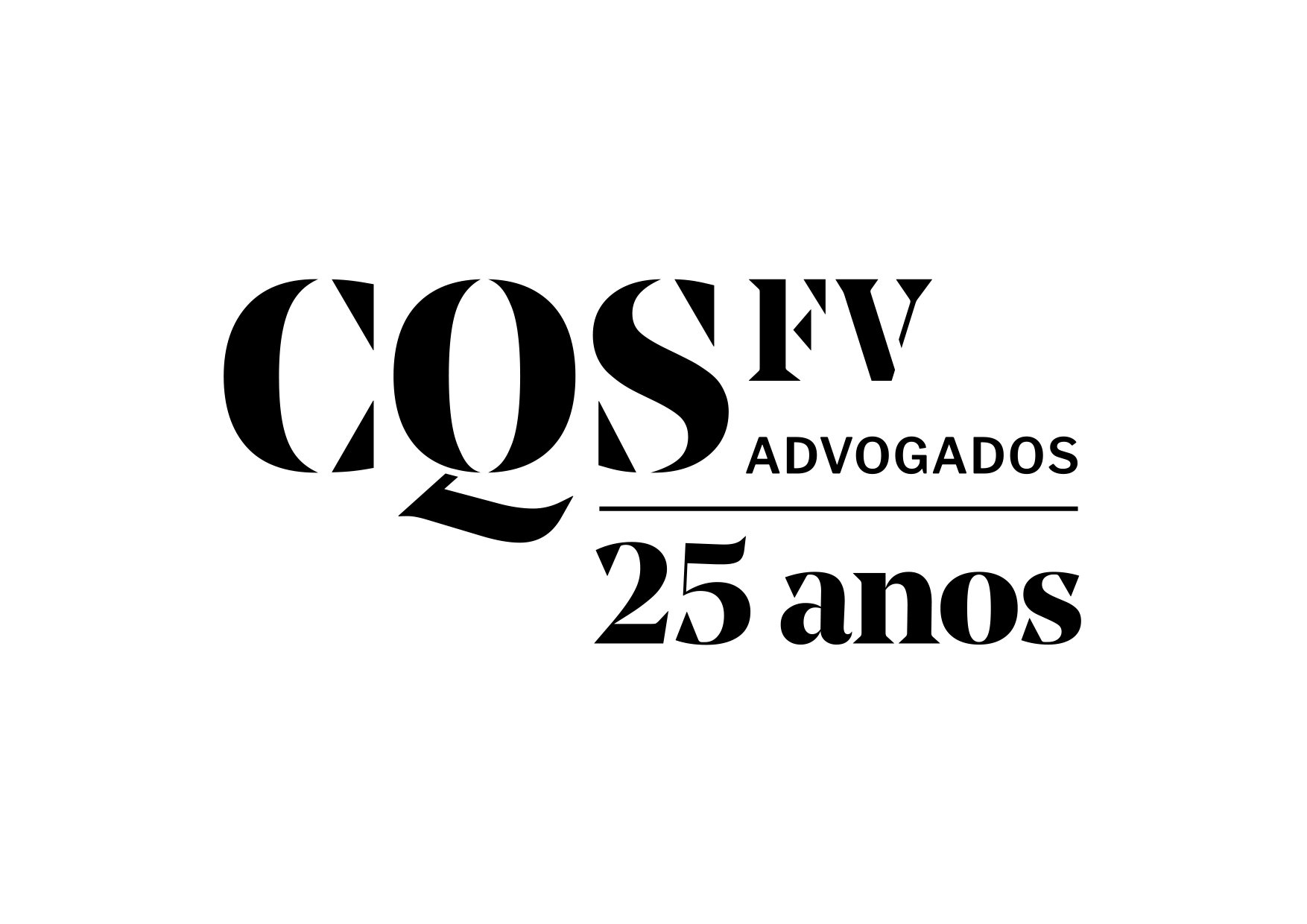By Steve Solot*
There is currently an impressive convergence of positive factors for the Brazilian film industry. These factors also encourage the expansion of filmmaking projects for low-income youth in the communities and outskirts of Rio.
- Between 2023 and 2024, the audiovisual sector received federal investments of R$4.8 billion from the federal Audiovisual Sector Fund (FSA) and incentive laws managed by the National Cinema Agency (Ancine), in addition to R$2.8 billion from the Paulo Gustavo Law.
- The city government of São Paulo (Spcine) is offering approximately R$53 million through the Paulo Gustavo Law, with lines of support for production, training, research, education and qualification, and festivals.
- The São Paulo Cash Rebate Program, which is an unprecedented joint action between the City and State Governments of São Paulo, provides for a total of R$40 million.
- In January, the city of Rio de Janeiro announced an injection of R$131 million to the audiovisual sector, though an investment of R$100 million from the FSA, by means of a partnership with Ancine, and R$31 million from RioFilme, under the Municipal Secretariat of Culture.
- With the Oscar win for “I’m Still Here,” Brazilian cinema is gaining greater global recognition, opening doors for international co-productions, festival screenings and international distribution, in addition to its 5.5 million viewers, which marks the 11th largest national audience in history.
- The Marché du Film – the largest international film market and networking veneu for film global professionals – announced Brazil as the official Country of Honor for its 2025 edition in May, during the 78th Cannes Film Festival.
At the same time, the Rio de Janeiro Chamber of Commerce (ACRJ) and the Latin American Training Center (LATC) are taking advantage of this new boom in the Brazilian film industry to expand their project for the social inclusion of communities (favelas) in Rio de Janeiro by offering courses to train low-income youth in audiovisual creation and production, allowing them to express themselves directly with their own voices.
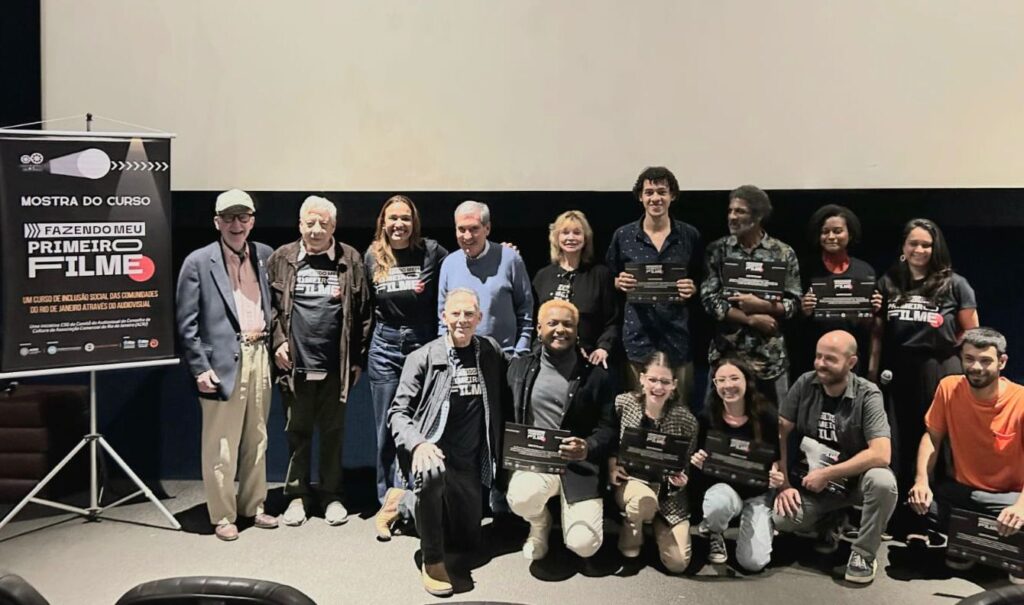
Organized by LATC, the “Making My First Film” project is an initiative of the ACRJ Culture Council that offers an introduction to the audiovisual world through the production of short films made with cell phones to encourage young people to enter the professional world of cinema.
Taught by Professor Pedro Dannemann, the course is offered to 20-25 youths aged 15 to 25 over a 6-week period. Students develop their own project, from script to the final version, and after the course, a screening of the short films takes place in a movie theater for the students’ families, friends and other residents of the communities. All films are made available online and students can also post them on social media and infilm festivals.
The project provides transportation and meals to the selected students, who also receive an official certificate of completion and a course T-shirt. In addition, they are eligible for scholarships for English courses offered by LATC, technical audiovisual courses offered by ABC Cursos de Cinema, and internships offered by production companies which are members of SICAV – Sindicato Interstate da Indústria Audiovisual, (the Interstate Union of the Audiovisual Industry). Thus, the project is structured to emphasize entrepreneurship and employability.
LATC, together with ACRJ, has developed a solid network of sponsors, institutional supporters, and strategic alliances in the private and public sectors, including ABCCC, the Special Secretariat for Rio de Janeiro Youth (JuvRio), RioFilme, SICAV, the Interstate Union of Workers in the Film and Audiovisual Industry (STIC), Paula Tupinambá Advocacia, Atrevida Filmes, VIVA Productions, L.C. Barreto Produções Cinematográficas, the Motion Picture Association-Brazil (MPA), Paramount Pictures do Brasil, Cinemark, and other strategic sponsors and supporters from the private sector.
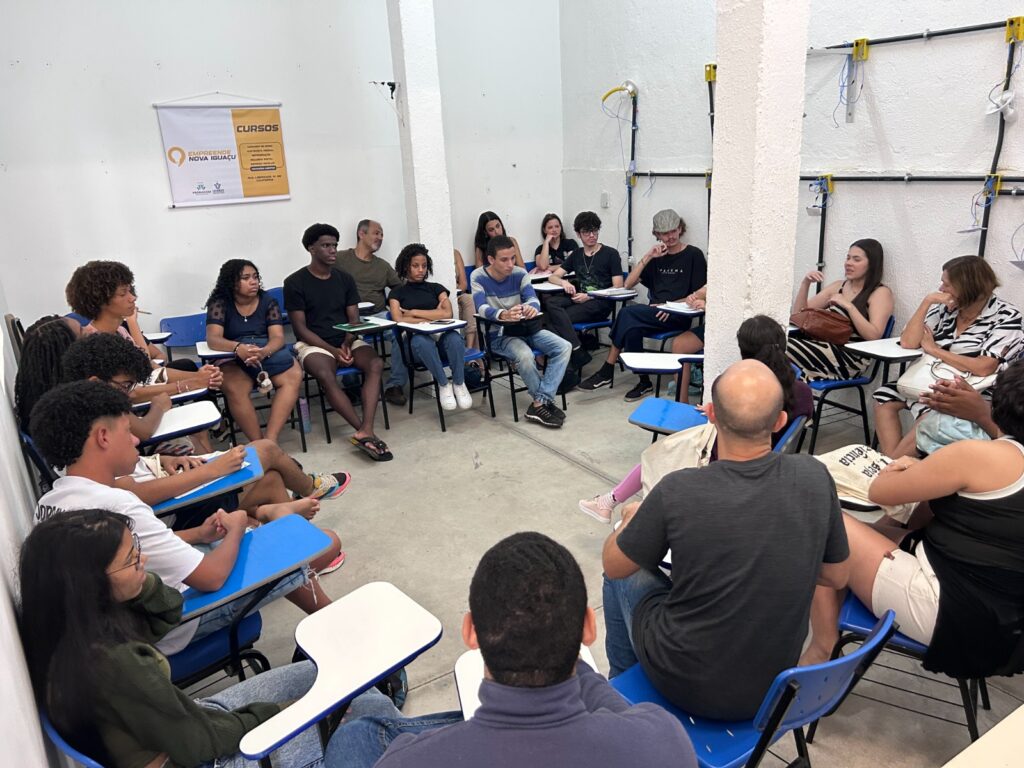
The 2024 courses were attended by youth from the communities of Júlio Otoni, Tavares Bastos, Pereira da Silva, Fallet, Morro Azul, Santo Amaro, Cidade Nova, Vila Isabel, Babilônia, Campo Grande, Bangu, Guaratiba, Santa Cruz, Cidade de Deus, and Ilha Grande.
In the latest course for residents of Nova Iguaçu, in the Baixada Fluminense (outskirts of Rio), in partnership with Cia. Encena, the main partners were the Municipal Departments of Culture and Social Welfare, the CIEP 117 Carlos Drummond de Andrade Intercultural Brazil-US School, the Casa da Juventude Iguaçuana (local youth community center), and the Commercial and Industrial Association of Nova Iguaçu-ACINI.
In addition, thanks to a new LATC agreement, selected films from all editions of the course will be made available, with English subtitles, on the new streaming platform MAB+, based in Los Angeles, which offers a new international “window” and visibility for the students’ films.
As a member of the Social Impact Entertainment Society (SIE), the leading global alliance for social impact entertainment, headquartered in Los Angeles, LATC receives guidance in the conception, design and implementation of audiovisual education programs that generate positive, measurable and lasting impacts on the lives of young people from communities and municipalities in Rio.
The locations of future courses scheduled for 2025 include Petrópolis, the General Department of Socio-Educational Actions-DEGASE (the Rio de Janeiro State Government agency that for adolescents in conflict with the law) and the Municipality of Rio.
*Steve Solot is president of the Latin American Training Center-LATC and Senior Advisor of the Albright Stonebridge Group – ASG/DGA




